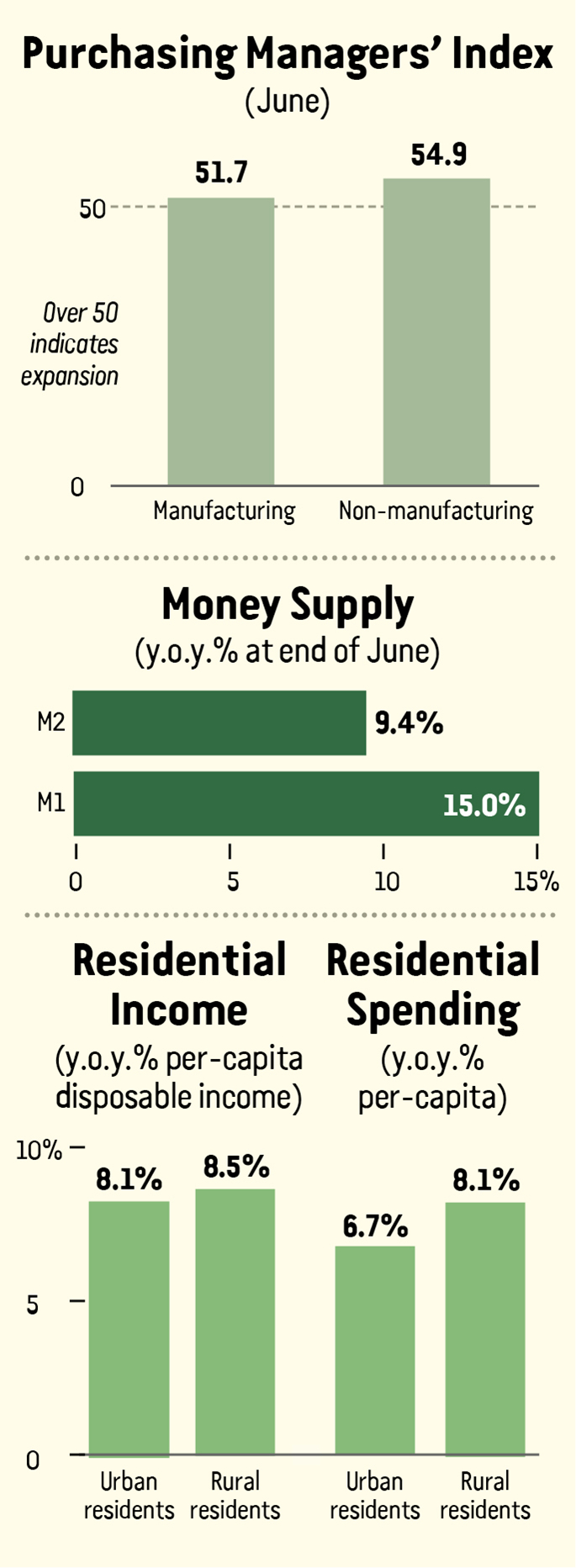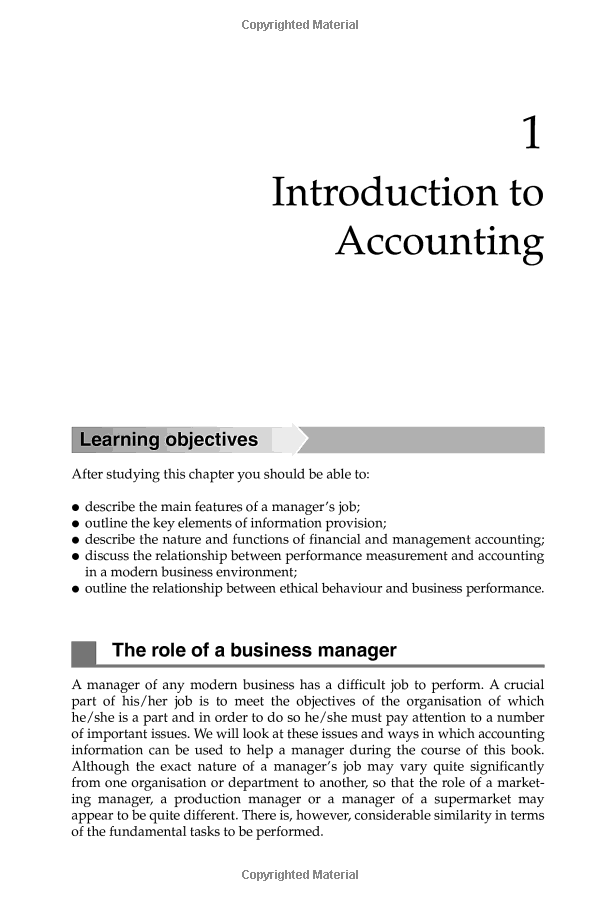Understanding Loan Account Debit or Credit: A Comprehensive Guide to Managing Your Finances
#### What is a Loan Account?A loan account is a financial record that tracks the borrowing and repayment of funds from a lender. It is essential for individ……
#### What is a Loan Account?
A loan account is a financial record that tracks the borrowing and repayment of funds from a lender. It is essential for individuals and businesses to maintain a clear understanding of their loan accounts to manage their finances effectively.
#### Loan Account Debit or Credit: What Does It Mean?
When we talk about "loan account debit or credit," we are referring to the transactions that occur within a loan account. A debit indicates an outgoing payment, typically representing the amount borrowed or the interest accrued, while a credit signifies an incoming payment, such as a repayment made towards the loan. Understanding these terms is crucial for anyone looking to manage their loans efficiently.
#### The Importance of Tracking Loan Account Debits and Credits
Keeping a close eye on the debits and credits in your loan account can help you maintain control over your financial situation. It allows you to understand how much you owe, when payments are due, and how interest accumulates over time. By regularly reviewing your loan account, you can avoid late fees, prevent defaults, and plan your budget more accurately.

#### How Loan Account Debits Work
When you take out a loan, the initial amount is recorded as a debit in your loan account. This is the principal amount that you are required to pay back. Additionally, any interest charged on the loan is also recorded as a debit. Understanding how these debits accumulate can help you anticipate your total repayment amount and plan accordingly.
#### Understanding Loan Account Credits
On the flip side, credits in your loan account represent the payments you make towards the loan. Each time you make a payment, it reduces your outstanding balance, and this is reflected as a credit in your account. Understanding how your payments affect your loan balance can motivate you to pay more than the minimum required, thus reducing the overall interest paid.
#### Strategies for Managing Loan Account Debits and Credits

To effectively manage your loan account, consider the following strategies:
1. **Regular Monitoring:** Check your loan account statements regularly to stay updated on your debits and credits. This practice helps you catch any discrepancies early on.
2. **Automate Payments:** Set up automatic payments to ensure you never miss a due date. This can help you maintain a positive credit score and avoid late fees.
3. **Make Extra Payments:** If possible, make additional payments towards your loan. This reduces your principal faster and decreases the amount of interest you’ll pay over time.
4. **Create a Budget:** Incorporate your loan payments into your monthly budget. This way, you can allocate sufficient funds to cover your debts without straining your finances.

5. **Consult a Financial Advisor:** If you're unsure about how to manage your loan account effectively, consider seeking advice from a financial professional. They can provide tailored strategies based on your financial situation.
#### Conclusion
Understanding the concept of loan account debit or credit is vital for anyone dealing with loans. By keeping track of your debits and credits, you can make informed financial decisions, stay on top of your payments, and ultimately achieve your financial goals. Remember, proactive management of your loan account can lead to significant savings and a healthier financial future.